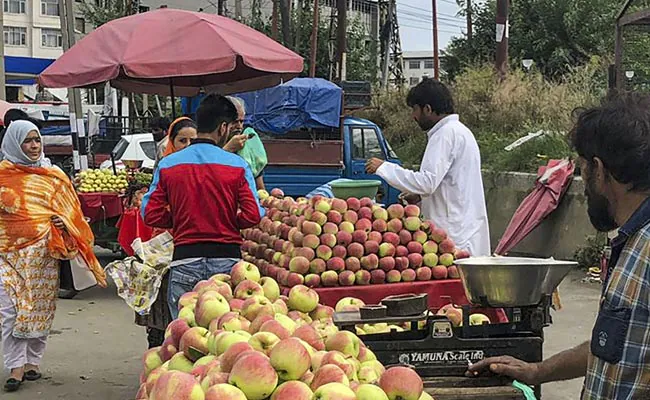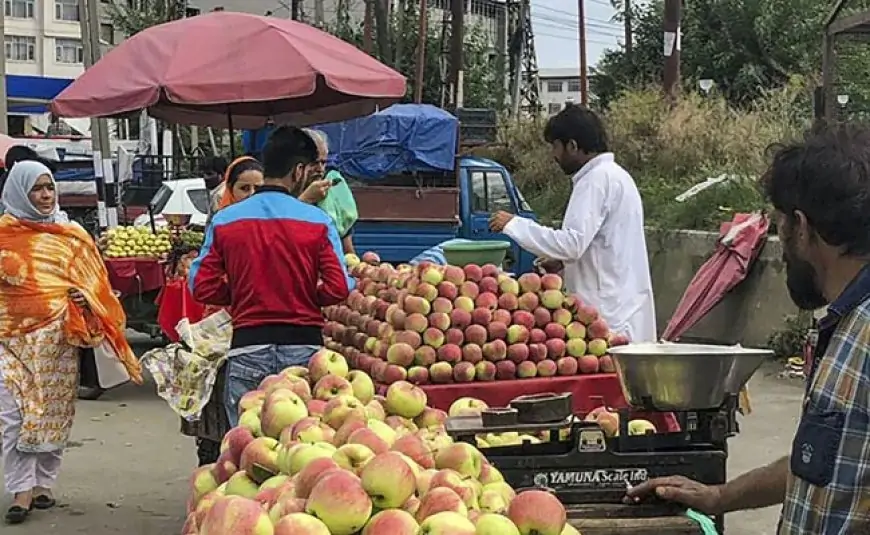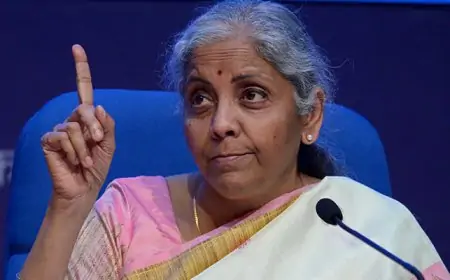
Banks offer high interest rates on loans to beneficiaries under Prime Minister's Street Vendors scheme
As national lockdown was imposed in March 2020 and several migrant workers were left stranded without any source of income, the Ministry of Housing and Urban Affairs on June 1, 2020, had launched Prime Minister Street Vendor‘s AmtaNirbhar Nidhi Scheme (PM SVANidhi).
What Is SVANidhi Scheme?
The scheme is aimed at facilitating collateral free working capital loans of up to Rs 10,000 of one-year tenure, to about 50 lakh street vendors across the country who had been affected due to lockdowns, helping them to restart their business.
It also provides for incentives in the form of interest subsidy at seven per cent per annum on regular repayment of loan. For the purpose of scheme administration, an end-to-end solution through an IT platform has been developed in collaboration with Small Industries Development Bank of India (SIDBI), which is the implementation partner for the scheme.
The loan processing under the scheme had commenced on July 2, 2020.
Rates Of Interest Offered by Banks To Avail Loan Under The Scheme
As on February 16, 2021, more than 37.3 lakh applications have been received under this scheme. Out of these, over 19.6 lakh loans have been sanctioned and over 14.6 lakh loans have been disbursed.
However interest rates on loans to street vendors being offered by some major public sector banks for availing the SVANidhi scheme are quite high.
The country's biggest lender State Bank of India offers 9.9 per cent interest rate under the scheme. Union Bank of India gives 7.3 per cent rate of interest, UCO Bank gives 8.5 per cent, while Indian Overseas Bank offers 8.1 per cent interest rate. Punjab National Bank's interest rate is slightly lower at 6.9 per cent.
However Indian Bank and Bank of Baroda are the two banks who offer the highest rates of interest at 13.5 per cent and 12.7 per cent respectively.
Insistence On Credit Rating Of Beneficiaries By Banks
While several state-owned banks have quite high interest rates for beneficiaries under the SVANidhi scheme, many of them also insist on credit ratings of those seeking loans. Interestingly, majority of street vendors don't even have bank accounts or are a part of the formal financial system.
State Bank of India, Punjab National Bank and Bank of Baroda insist on credit score of a minimum of 650 and above. Banks such as UCO and Indian Overseas Bank don't insist on credit score at all and the rest like Indian Bank and Canara Bank, though don't insist on credit score, yet they check their (street vendors') credit history to see whether they are defaulters or not, before offering loans.



![[WATCH VIDEO] Sophie Rain and sister Sierra Rain as Black Spiderman goes viral [WATCH VIDEO] Sophie Rain and sister Sierra Rain as Black Spiderman goes viral](https://www.sociallykeeda.com/uploads/images/202403/image_140x98_660976c59cce0.webp)





![[FULL WATCH VIDEO] Will Levis And Gia Duddy Leak Video Viral On Social Media [FULL WATCH VIDEO] Will Levis And Gia Duddy Leak Video Viral On Social Media](https://www.sociallykeeda.com/uploads/images/202405/image_140x98_6651e7ae8038d.webp)


